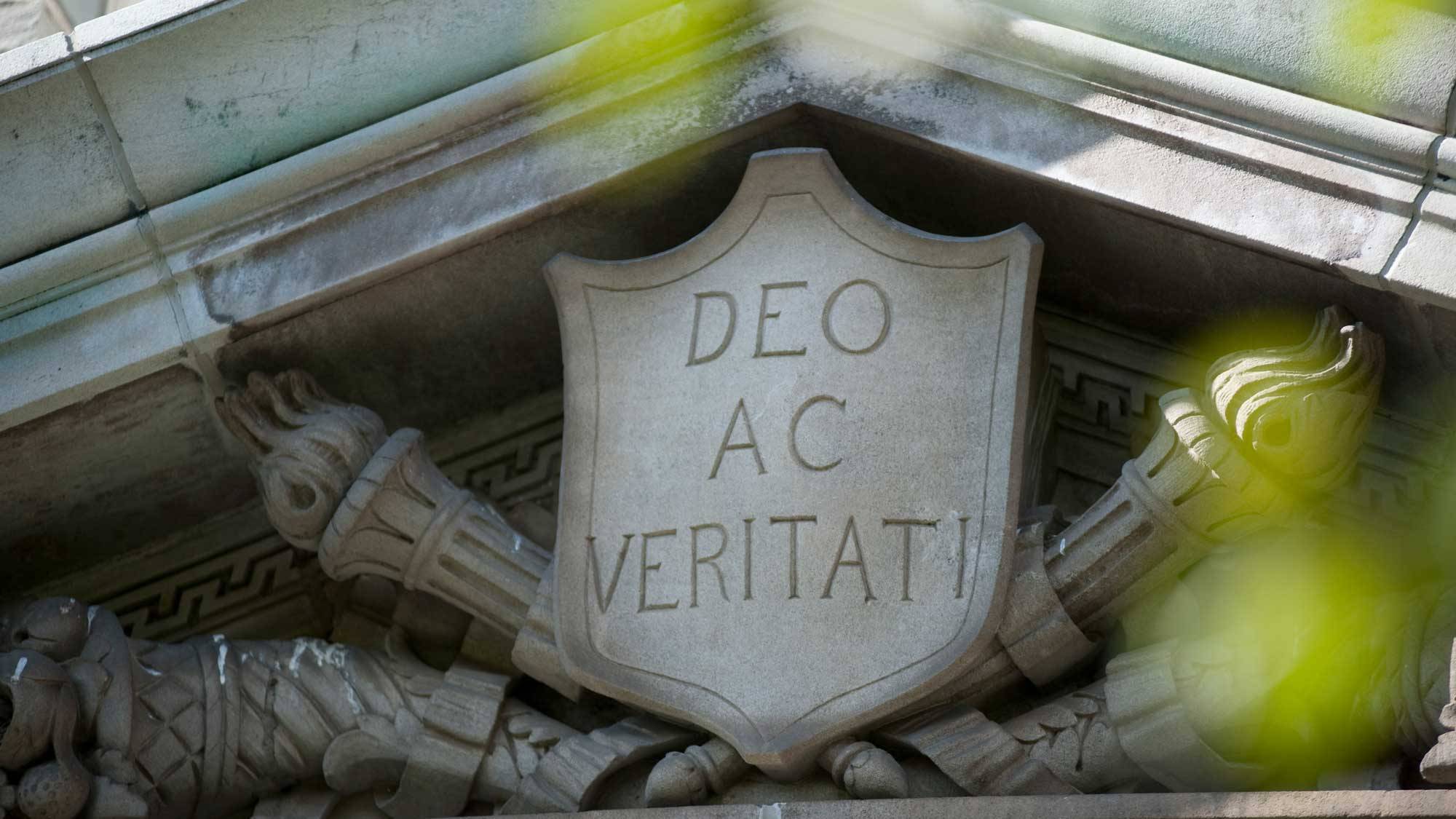Dear Faculty and Staff Colleagues,
On behalf of the Task Force on Reopening the Colgate Campus, we write to provide an update on our work since our last message on July 22. In that communication, and this one, we acknowledge that the national landscape related to COVID-19 continues to be concerning and changing. It requires constant and critical reassessment of the Task Force’s recommendations for reopening Colgate this fall. New infection rates have decreased in some states while continuing to increase in many others. For many states, the turnaround time for test results remains a concern and Governor Baker of Massachusetts recently instituted a 14-day quarantine similar to New York’s Executive Order issued by Governor Cuomo.
The Task Force has always recognized our obligations to closely monitor local and national statistics and review the plans and decisions by colleges and universities around the country. Our comprehensive plan has always been one that we have approached critically — not only during its development but also as we monitor a continually changing national picture — since issuing our recommendation to President Casey on June 13.
The return to in-person instruction this fall is predicated on a robust testing strategy, the procurement of a significant number of quarantine and isolation spaces, and a steadfast adherence to a Commitment to Community Health. We’ve since layered onto this plan additional precautions, including an at-home pre-arrival test, specific arrival dates for every student (including those living in private off-campus housing), a mandatory quarantine for every student upon arrival, and pre-packaged meal delivery for all students on campus during the quarantine. In short, we remain confident that our original plan and the additional measures we have put in place to address the changing circumstances of the last two months allow us to remain on course for the scheduled reopening.
We know that other institutions have needed to change course in their instructional modality, which might raise questions about the rationale for Colgate’s continuing plans to move ahead. For the majority of these institutions, the reasons for changing their plans relate to breakdowns in their readiness and/or changes in regional or local conditions. The reasons include a lack of testing availability or slow turn-around times, newly mandated state quarantines (Mass.), changing guidance about food service (N.J.), or concerns about sufficient isolation or quarantine space. We have not experienced the same issues to this point. This week, Colgate received delivery of the rapid point-of-care high sensitivity PCR test system that allows us to test symptomatic students within 45 minutes. Students received their at-home test kits on Tuesday and Wednesday of this week, and the results of the most recent non-diagnostic (surveillance) PCR testing, conducted earlier this week, using Aegis Sciences Corporation, was returned to us within 24 hours of receipt at the laboratory. We have procured additional spaces at White Eagle for any late arrivals due to positive at-home test results or if a student is otherwise unable to make it to campus by the start of the universal quarantine.
In our July 22 communication, we reported on several ongoing projects of the Task Force. In conjunction with colleagues in the Emergency Operations Center (EOC), the Task Force recently completed and will file today the required reopening plan with the State of New York. Within this plan are considerations for re-closing the campus, including what circumstances would require the University’s closure and how we would safely do that should it need to occur. The Health Analytics Team of the EOC, in consultation with the Task Force, has developed a public health dashboard that will be available for view by all members of the Colgate community. This dashboard now includes 22 separate metrics and will be updated regularly and shared as part of daily email updates beginning on August 24. These empirical data will be reviewed by both the Health Analytics Team and Task Force members and will serve as an important sentinel for any decisions related to closing. You may review a description of these metrics within the reopening plan.
In our previous message, we mentioned that the Task Force was developing public health guidance levels, now called Gates, for extracurricular and social gatherings to provide guidance for students following the quarantine period, and these Gates will be based on the real-time evaluation of the health metrics described above. Gates are similar to New York’s phased reopening plan. Passing through each successive Gate will provide for additional opportunities for students to gather and socialize, first within residential floors and later across residence halls, all while maintaining the Commitment to Community Health and public health guidelines. We will communicate these Gates to the community next week, along with the caveat that they are subject to change based upon the health of the community. Even though this semester will not be a return to normal, we want to provide incentives for compliance with each Gate’s restrictions in hopes that we can return to some of the activities that help us realize the benefits of a residential college environment, which is, as our mission states, the overwhelming reason for reopening.
This will likely be the last update from the Task Force on Reopening before our students return to campus in 10 days. We, like all of you, are some combination of excited, anxious, and intimidated by the amount of work that must be accomplished in this short period of time. However, we keep returning to the sentiments with which we closed our initial messages: we continue to be inspired by the knowledge that we are fighting COVID-19 together, as a community that cares for each other and is sensitive to the diverse and profound impacts of this historic crisis on us all. We wish you all success in your final preparations for the academic year.
Sincerely,
Geoff Holm, Associate Professor of Biology
Paul J. McLoughlin II, Vice President and Dean of the College (co-chairs)
On behalf of the Task Force on the Reopening of the Colgate Campus
